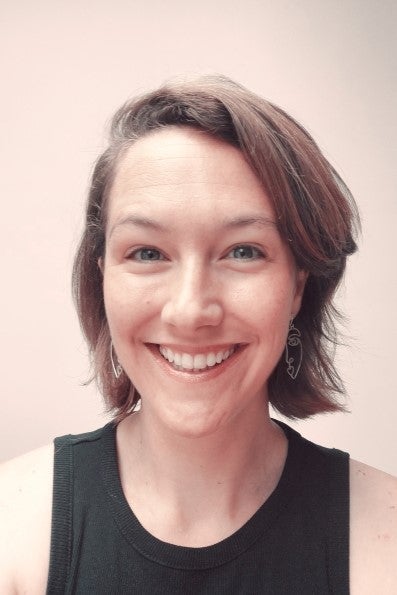Although the team doubled in size under the pressure of the COVID-19 pandemic and the related increase in mental health issues among young people, the demand for help among students still remains high. How do VU student psychologists handle this? And how can lecturers help guide students? We spoke with Marthe Keijman, who has been a student psychologist at VU Amsterdam for nine years. After working in child and youth mental health services, she transitioned to higher education. “Young adults are exploring their identities and becoming independent from their parents. It’s a unique yet challenging phase. That’s what makes this work so meaningful.”
Stress, performance pressure, and uncertainty
“Students are at a pivotal stage in their lives. With the right guidance, you can make a big difference. But the challenges students face today are complex”, Marthe explains. Besides high expectations from themselves and their surroundings, the current state of the world adds to the pressure: political uncertainty, the difficult housing market, major societal issues, and the lingering effects of the pandemic.
“We’ve really seen how the pandemic shaped a generation that missed out on social skills and structure”, she says. “Now that physical classes have resumed, many students feel overwhelmed, and forming social connections is often challenging.” This growing need for support worries the team, especially in light of government cuts to higher education budgets. “Fewer resources while the demand continues to grow, it really impacts students”, she says. “They deserve the support they need.”
Teachers: avoid taking on the role of therapist
“Simply lending a listening ear or referring a student to available support at VU can make a huge difference,” Marthe advises. “Don’t try to take on the role of a therapist yourself - that’s not your responsibility, and it doesn’t have to be. We’re here to help you. Besides, it can backfire if not handled correctly. Teachers, deans, and study advisors can always consult with us on how to best refer students.”
Practical tips for teachers:
- Let students know they’re not alone: acknowledge in your lectures that studying can sometimes be tough and highlight the availability of support both inside and outside of VU Amsterdam. This simple message can be very impactful.
- Actively refer students during busy periods: this is especially important around exam time, during winter (think winter blues), or other stressful periods. Point students to available resources, such as with a QR code linking to our flyers, the student psychologists’ webpage, or mention their workshops in your lectures. Students can also attend the online walk-in hour.

